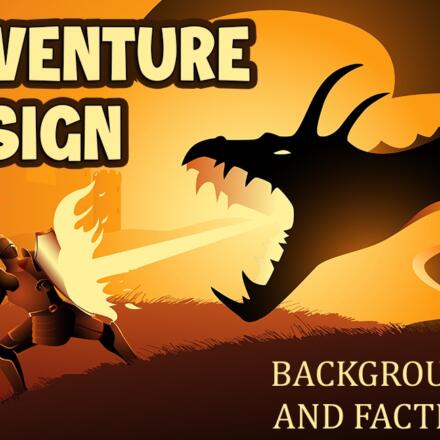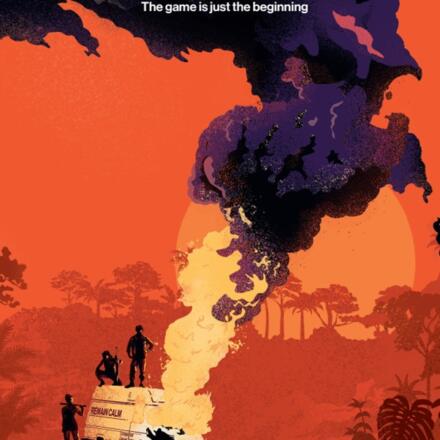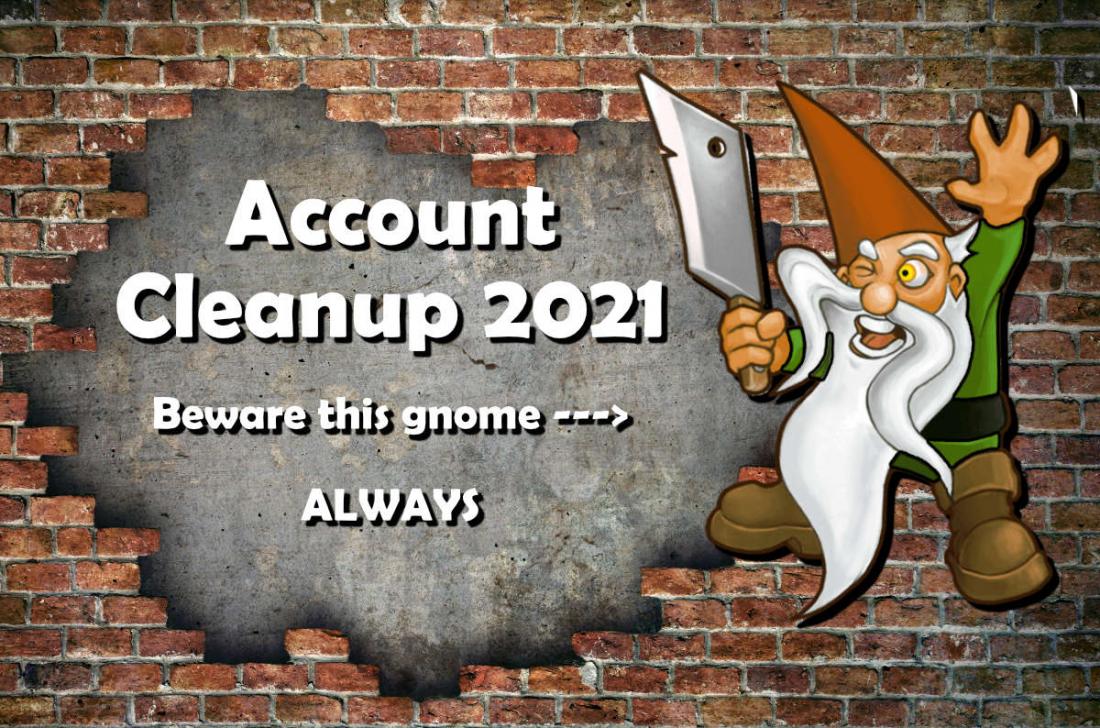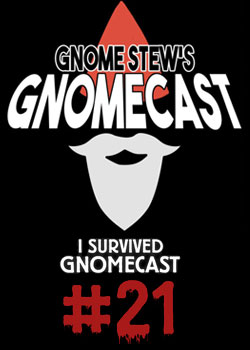I’m running a horrible campaign, and my players love it.
Here’s the deal: several years ago, in the before times, I got my hands on a premade adventure. It was billed as a whole experience that would take characters from very low levels to mid-range powerhouses with all the incumbent thrills, chills, and excitement along the way. My husband and I were excited to play through the module with our local friends. We planned to get everyone together for a big session zero right after the holidays. The 2019 holidays.
So yeah, that premade sat unplayed for several years while a lot of life stuff (global, national, and personal) happened to all of us. When we were all finally able to gather again, nothing would stop us from playing through this adventure.
So, I sat down to prepare for our first game. The cover was evocative. The synopsis intriguing. The setting really cool. The story pretty interesting. But the actual adventure?
Not so much.
In fact, there were some pretty significant flaws with the entire adventure design (and we’ll get to those in a moment). But by this point, we were locked in. Anticipation had already been built. Characters had already been concepted. New dice had been bought!
Nothing as simple as a horrible game design would stop us from playing this damn campaign.
Before we go any further, I should note that, no, I am not going to name any names here. What I am going to do is show how I got something great out of something really not great and how the act of dissecting this beast has given my players a fantastic time at the table.
Good Story, Bad Adventure
So, if it was a good story, why wasn’t it a good adventure? Let me count the ways:
- The structure was very narrative. Too narrative, in fact. You could read this adventure like a novel scattered occasionally with rules and stat blocks. And that fed directly into the next problem.
- There was no room for (or even consideration given to) plot deviation. Every bad connotation the word “railroad” conjures is here in this text. And all of that meant that…
- The players had ZERO agency. During one scene, the text actually says, “Your PCs will make a plan to do X.” Not, “may,” “might,” or even “should.” They will. Sir, have you ever actually met a player?
- The text made BIG assumptions about what the players would and wouldn’t do. Let me ask you this: If you, as a person who reads articles about GM theory, were to set a scene in which a mysterious object of unknown power is shown to a group of adventurers, what are the chances that at least one player is gonna try to steal said object? There, you have now given more consideration to the potential actions of the players than this module did.
Any GM who’s been running campaigns for even a moderate amount of time can tackle these problems with a bit of preparation or some solid improv chops. But what if you’re not an experienced GM? What if this was the first premade you ever picked up? As soon as one player made one choice that took one tiny step off of the predefined path, you’d be shit out of luck.
The Teaching Moment
How did I retool the module, and what did I learn from the process?
First, reading ahead was vital. Not just one or two sessions ahead as I usually did when working with prewritten material, but reading enough to absorb the entire campaign from starting level to ending level. I needed the whole picture to know what sort of ripples player decisions would cause.
To the writers’ credit, they did include a synopsis of each session at the start of the chapters, and using those, I was able to pull out all of the story beats and see where the narrative pinch points were. Armed with that knowledge, I could triangulate how player actions could influence or alter subsequent story beats.
Next, to give my players even more agency and avoid too many dead ends in the mystery sections of the plot, I pulled a Gumshoe and divorced all of the relevant plot information from the scenes and locations. I reorganized it into Secrets and Clues a la The Lazy Dungeon Master’s Guide. (TLDR: Don’t hide the key to the next scene under one particular doormat. Just know that the key exists, and hide it wherever the players happen to be looking.)
Finally, I took big story moments that belonged to NPCs, and I gave them to my players. Secret prophecy about the captain of that ship? No, now it’s about a PC. Battle plans being drawn up by the captain of the town guard? Nope. Now, the party’s fighter is in charge of strategy. Oh, and those NPC deaths written into the plot regardless of the players’ actions? Now, they can actually save (most) of those people.
Basically, I looked for all of the ways my players could affect the story and added options for them to do that. Sure, this creates ripples, but that’s why I mapped out all the plot points ahead of time. Ultimately, running this prewritten adventure was a lot more work than I expected out of a module (and I have run many different kinds of modules in my day), but that doesn’t mean it wasn’t worth it.
Thanks to that prep work, I was able to facilitate a scene where one of our players talked his way into the Big Bad’s secret lair, uncovered their dastardly plot, and wormed his way into their organization, all while the other PCs fought off waves of the Big Bad’s henchmen across town. It was a tense scene because the players knew their actions would have consequences, which meant the die rolls had meaning, and the people at the table weren’t just listening to a story told to them – they were experiencing a story as they created it.
You know, the dream.
Leveling Up
This is all well and good for one particular table playing in a specific campaign, but what can my experience teach us all about running and designing better adventures?
- First, how are you organizing your information? Are all your secrets and clues hidden behind very specific sets of events that must occur in a specific order before your players discover them? If your notes are long narrative passages, and you find yourself reading through your scenes like you’re reading through a story, then you probably need to ask yourself this next question.
- Are you giving your players opportunities to make choices, and do those choices matter? How do they matter? How can you show they matter? What ripples will the choices cause? This is the scariest lesson to learn because there’s a good chance it can throw all of your prep work right out the window. That’s why practicing with premade modules is such a gift. After all, it’s always easier to dissect someone else’s work than it is our own.
- What assumptions are you making? When planning your adventures, how often do you think, “My players WILL do X?” Stop it. “Could” is an excellent word to substitute. “Might” is even better. Obviously, if you’re familiar with your group, you’ll probably have an idea of how they’ll react to certain situations, but people can always surprise you. And if you’re prepping for a group you’ve never run for, then prepare a couple of broad contingencies to help you adjust on the fly.
- Finally, if you’re writing a module with an eye for publication (traditional, self, or indie), don’t be afraid to include notes on contingencies. Suggest ways the plot could branch and give your readers options for inserting their players into the scenario and giving them the focus (not the NPCs).
Are these revelations revolutionary? No, of course not. Can running a poorly written premade help drive these points home and set them up to live in your head with (at the very least) reduced rent? You bet your ass they can.
Of course, I don’t want you to have to run bad adventures to learn these lessons. In a perfect world, bad adventures wouldn’t exist. But I do want you to be able to run a kick-ass campaign regardless of module. So when in doubt, grab some dice, a fresh red pen, and get to work.
What’s the best lesson you ever learned from a lousy gaming experience? Let us know in the comments!


















The lousiest experience I ever had in a tabletop game where when I played a pre-made story with pre-made characters. All in all the story was great, the characters were very interesting and fun but.. I didn’t take into account that my players might have taken their roles a bit too serious and here is what I mean by that:
All characters were kind of anti-social. One was the typical lone-wolf, another was a geek who only spoke up when his obsession was mentioned, someone else played the shy client who rarely talked and one was scared of everyone and everything. I read through both the chapters and available characters and at first I didn’t see a problem. Though if you have players that are very talented in roleplay this sometimes can be very troublesome if they want to play their character perfectly.
Everyone suddenly turned into a very distant and hard to interact with individual. Both the group and I had troubles to progress with the story because players simply distrusted each other, which of course fit their character description perfectly but also hindered the flow of the story quite a bit.
The beginning of the adventure was the typical ‘four strangers meet by chance and get involved in something strange’ approach BUT the problem was: it was built in a way that didn’t exactly make the players interact with each other. There was no sense of urgency or a reason for them to work together and none of them wanted to break character just for the sake of it. I didn’t at all consider something like this to happen, especially because I knew about my players ability to work together.
I sat there watching for a while to see what would happen but they simply split up and explored the area alone without the need of getting closer to the other characters. Knowing how the story was built, I quickly realized that if I didn’t change this now, things could take a wrong turn rather quickly so I suddenly threw in a timer for the first puzzle. They had to solve a series of puzzles to get to a certain object and at first everyone was just lonely exploring their own end of the room but suddenly one of my players was able to smell gas.
All of a sudden the players started talking to each other without actually having the feeling of breaking their anti-social character. No. This was about survival. Bonding over a traumatic event is an easy way to get your players closer together and after that.. Everything went smoothly. They suddenly wanted to find the bastard that almost killed them and they had a common goal instead of only personal ones.
This was one of those moments where I felt no matter how hard I would have prepared for that session, I would have never guessed that a handful of pre-made characters would cause my players to stop interacting with each other. Ever since that happened I always make sure to have a little back up plan in the beginning, if players or their characters don’t seem to interact naturally during their first adventure together.
Putting a timer on the encounter! Brilliant!
And yeah, if you know your group is good and plays together, why would you ever think they would suddenly all become introverts at the table?
Sounds like a clear *shared* goal was exactly what you needed, and good on you for figuring that out and saving the session.